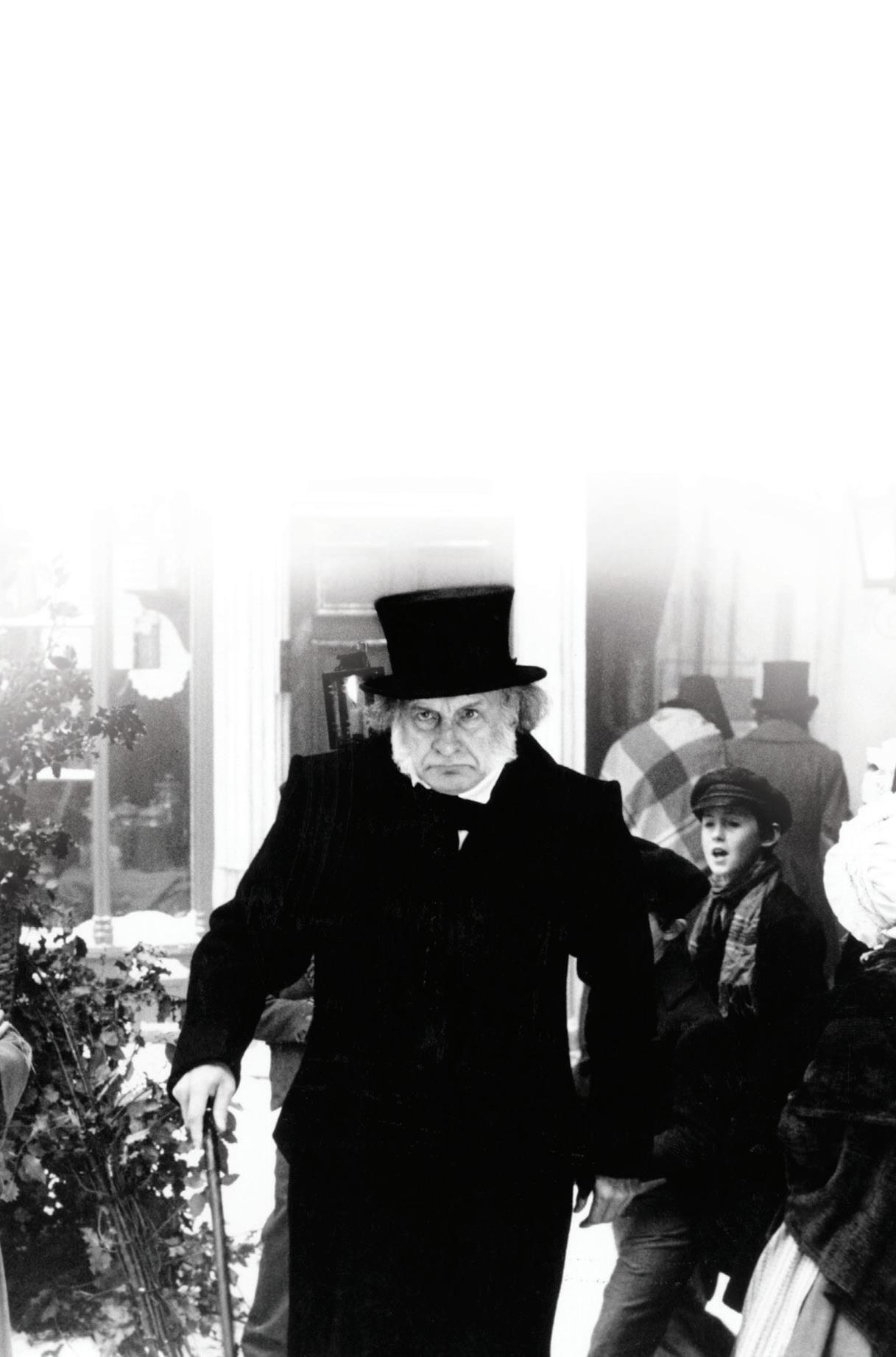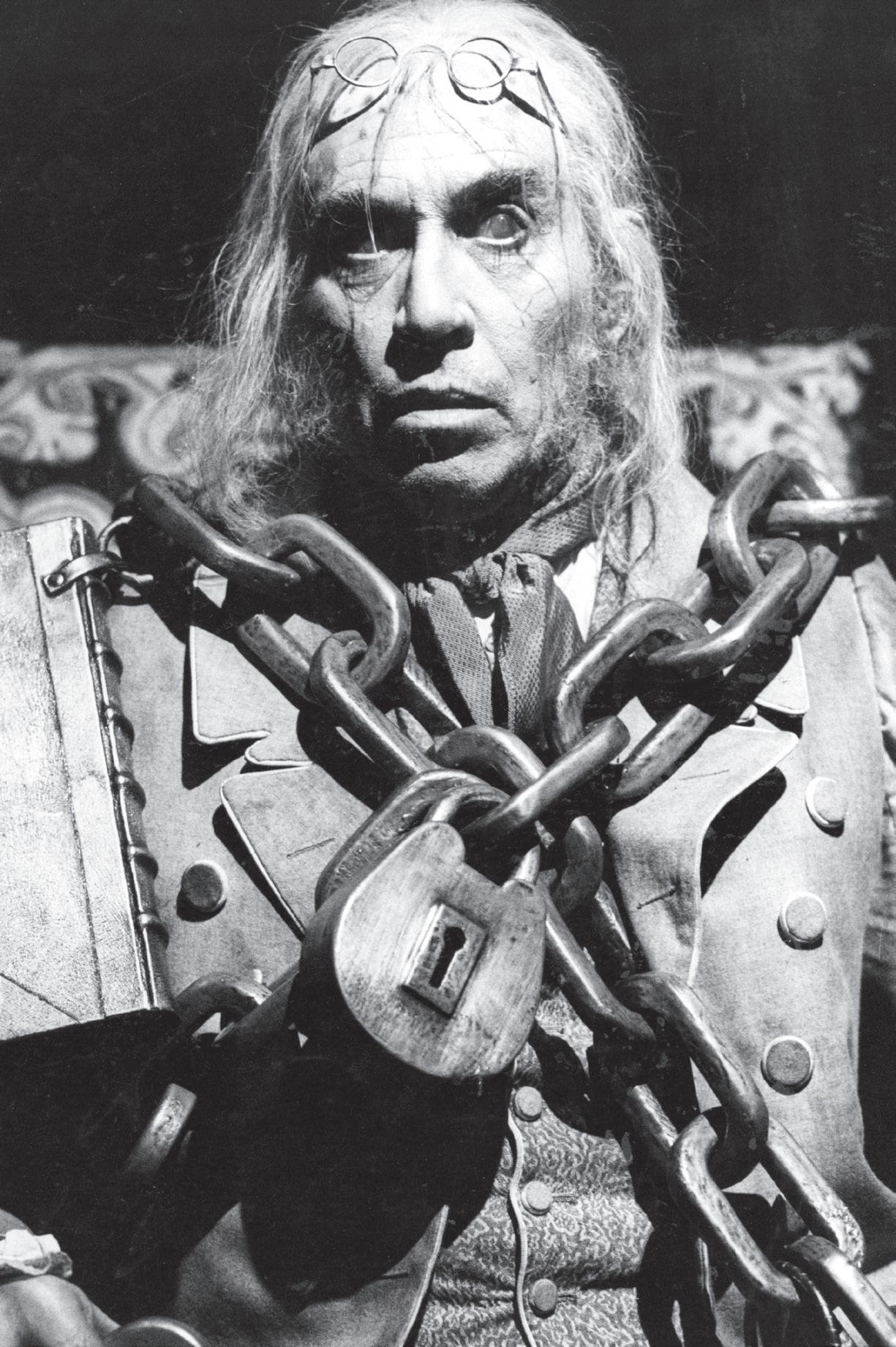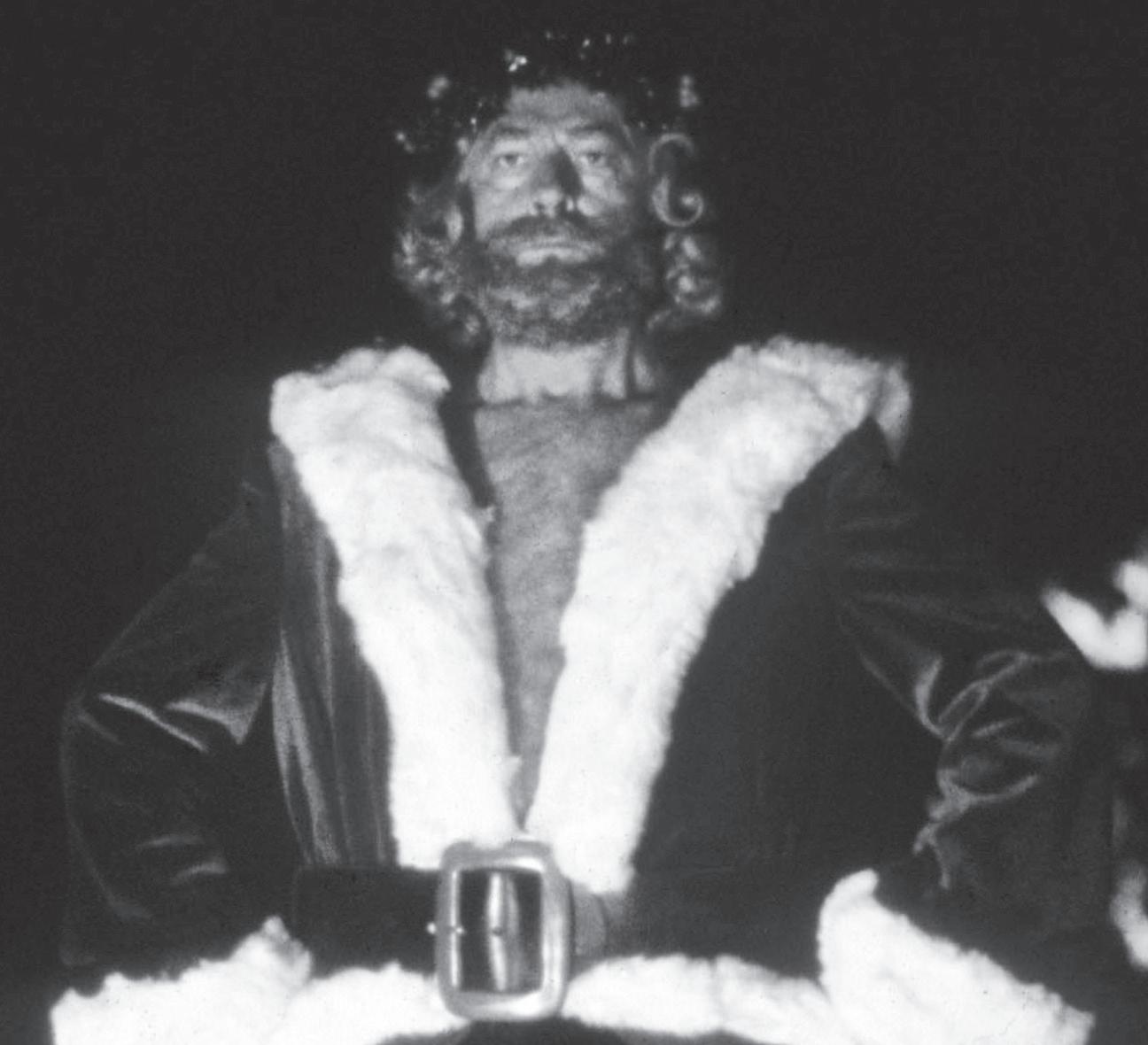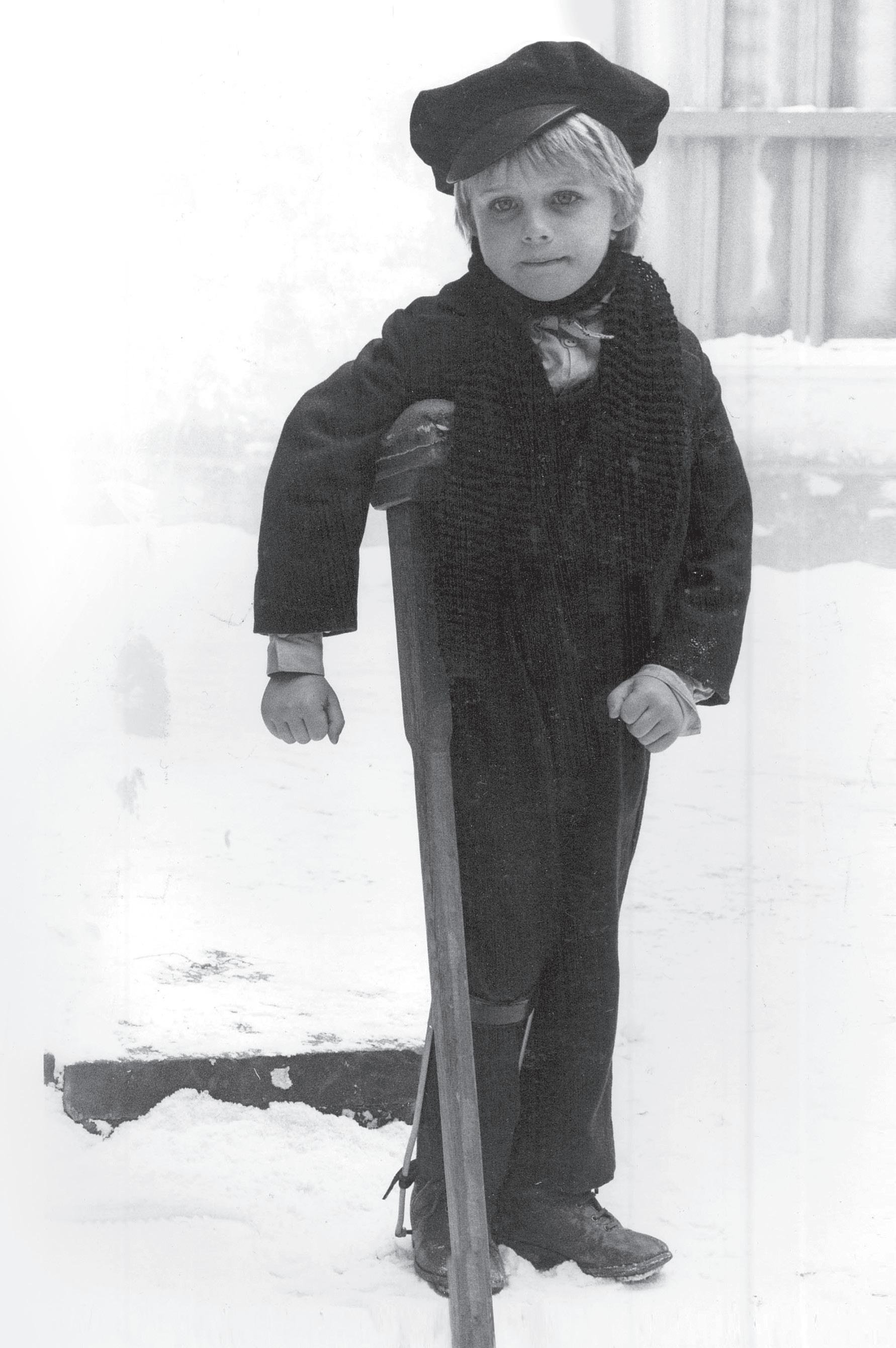

More Than A Christmas Carol J.John
A Christmas Carol I have endeavoured in this Ghostly little book, to raise the Ghost of an Idea, which shall not put my readers out of humour with themselves, with each other, with the season, or with me. May it haunt their houses pleasantly . . .
Charles Dickens, December 1843
Charles Dickens’ A Christmas Carol , published in 1843, is one of the bestloved stories to be set at this time of year. The story has been adapted into many films, and is such a powerful tale that it’s credited with helping to define our contemporary understanding of Christmas.
But a fresh look at this all-time classic, reminds us that it’s far more than just a feel-good festive tale featuring a miserly old humbug. In fact, the story of Ebenezer Scrooge and his tormenting spirits helps us to consider what is of eternal value today.
Dickens set out to persuade his readers to summon the spirit of Christmas not just at Christmas, but also for all the year. His message has a timeless, universal quality, like all the best works of art.


The book’s main character is the mean and intimidating Ebenezer Scrooge, who lives to make money and very little else. He certainly has no use for religion or sentimentality.
One Christmas Eve, however, Scrooge receives a terrifying wake-up call. The spirit of his business partner, Jacob Marley, who died seven Christmas Eves previous, comes to visit, bound and wrapped in heavy chains. Marley has been condemned to roam the face of the earth, tormented in death by the things he neglected to value in life.
He is desperate to give his old colleague a final chance to avoid the same fate.
‘My spirit never walked beyond our counting-house,’ he warns Scrooge.
‘My spirit never roved beyond the narrow limits of our money-changing hole . . .’ This, he makes clear, is
Scrooge’s last opportunity to turn from his selfish and insular ways. Marley’s spirit instructs him to wait for three more spirits of Christmas past, present and future. Reluctantly, Scrooge understands that this is for real, as he sees Marley float away to join a crowd of tormented souls who are wailing and moaning in the night sky.
On the stroke of one o’clock, the Spirit of Christmas Past arrives, and takes him on an unforgettable trip down memory lane, on a visit to his own childhood.

Scrooge is astonished to see old, familiar faces playing happily in the open air. As the Spirit takes him into a schoolroom, however, they see a lonely little boy sitting by the fire, whose only companion is the book he is reading.
Scrooge remembers his loneliness, and how he longed for the presence and warmth of friends. He recalls his past desires for the love and approval of his family, but then sees all the people who tried to reach out to him, who attempted to stop his slide into self-absorption and an increasing preoccupation with personal security.
He sees his former fiancée, Belle, who came a poor second to Scrooge’s passion for wealth. ‘A golden idol displaces me,’ she complains to him from the past. ‘All hopes have merged to a master passion; the thought of money engrosses you!’

Dickens explores, through Scrooge’s terrifying ordeal, the love of money compared with the value of relationships. Scrooge’s whole life has come to revolve around his counting-house. His insatiable appetite consumes him for more. To him, Christmas has become nothing more than a ‘time for finding yourself a year older, but not an hour richer’.
Today, in the 21st century, we can fall into a similar trap, seeing money – and the things it can buy – as the answer
to our problems, especially if our lives have not been that happy, like the young Ebenezer Scrooge’s. We perceive the ‘good life’ as being about an abundance of bigger, brighter and better things.
Jacob Marley’s ghostly visit is not just a wake-up call for Scrooge. As we hear his words, we should make sure we haven’t lost out on the things that money can’t buy. We all need money, of course, but it’s possible to pay too high a price for it. It’s as if society has caught a cultural disease called ‘affluenza’. The symptoms include always wanting more, despite what we already have. And then there’s the insatiable desire for ‘success’ without experiencing contentment. Consistently, we choose our career over family. And we seem unwilling to settle for less than the best of everything.

